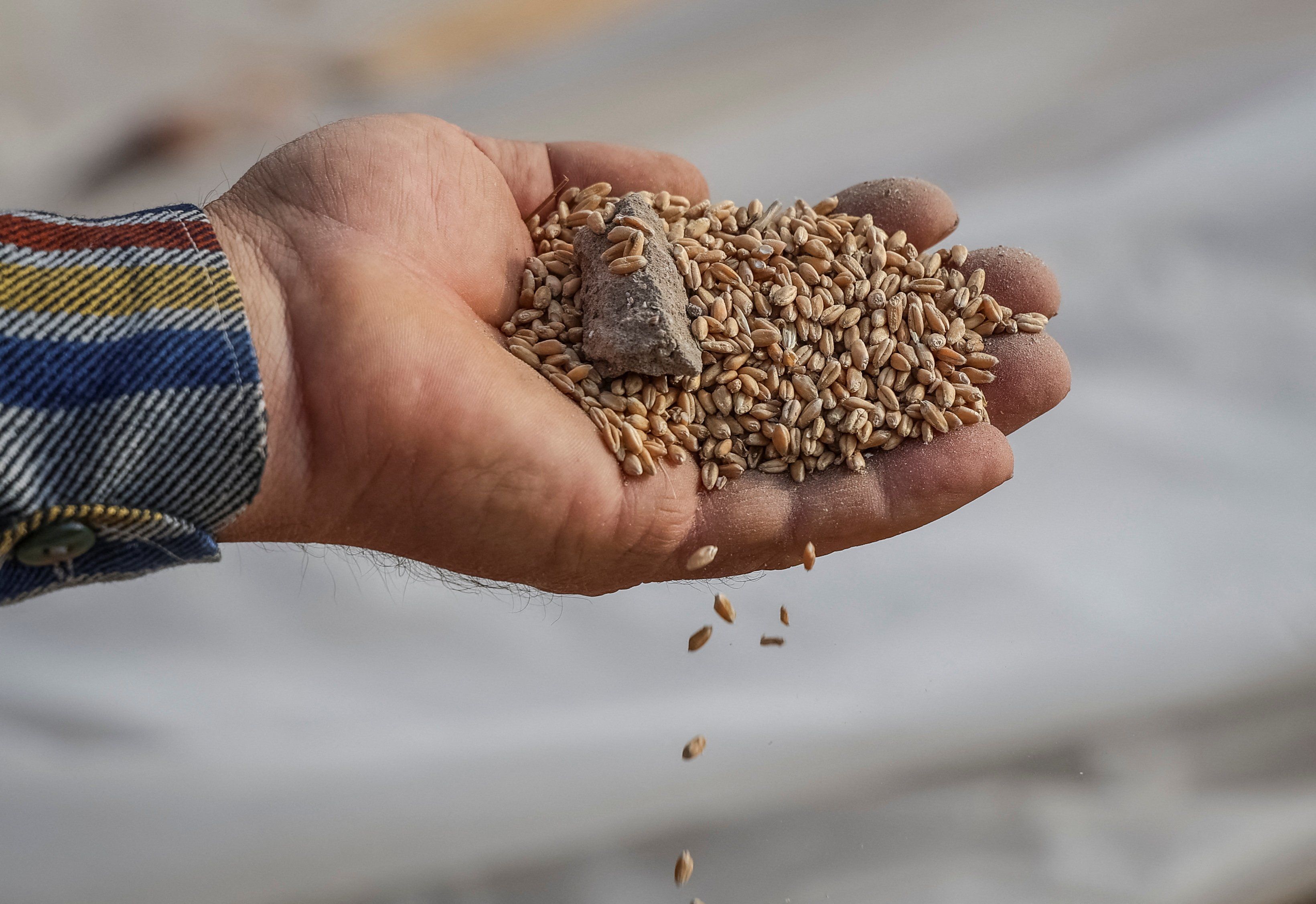Poland, Slovakia and Hungary have once again announced their own unilateral restrictions on Ukrainian grain imports, after the European Commission chose not to extend a broader import ban to five countries that border Ukraine. The ban had been imposed in May due to “distortions in supply” and complaints that Ukraine was not exercising effective export controls.
The three countries claim that a glut of Ukrainian imports continues to depress local prices and has pushed some farmers to the brink of bankruptcy. With tightly contested national elections upcoming in both Poland and Slovakia in a few weeks, neither government wants to antagonize its powerful farmers’ lobbies.
In Poland, the new ban not only covers four grains but also meals made from corn, wheat and canola. Hungary imposed a ban on imports of twenty-four Ukrainian agricultural products, including grains, vegetables, several meat products and honey.
The ban only affects imports to the Polish, Slovak and Hungarian markets. The three countries will still permit Ukrainian grain to transit their territory en route to third countries. Those so-called “Solidarity Lanes” moved some 60% of Ukraine’s grain exports over the past year, including 4 million tonnes of grain. The remaining 40% transited through the Black Sea, but that channel disappeared when Russia withdrew from the UN-brokered Black Sea Grain Deal in July. Subsequent attempts to revive it have so far proved unsuccessful.
In response to the new ban, the European Commission issued a statement asking all nations to “work in the spirit of compromise and engage constructively.”